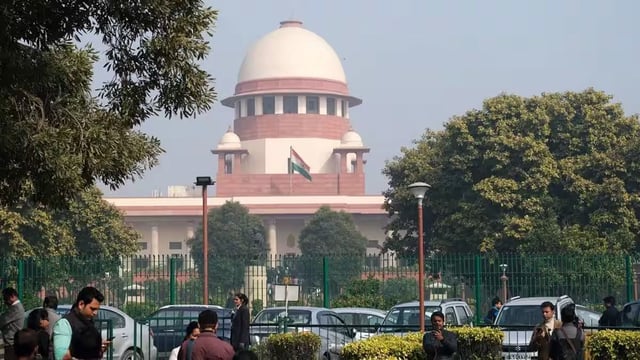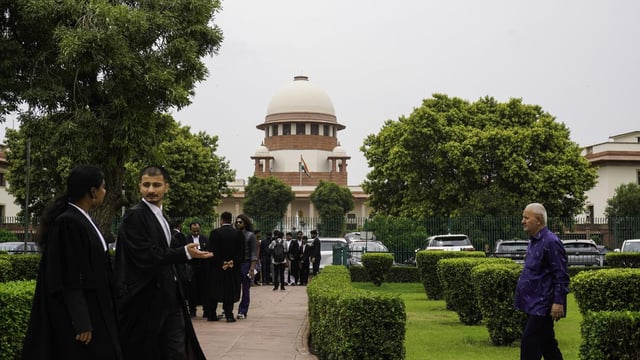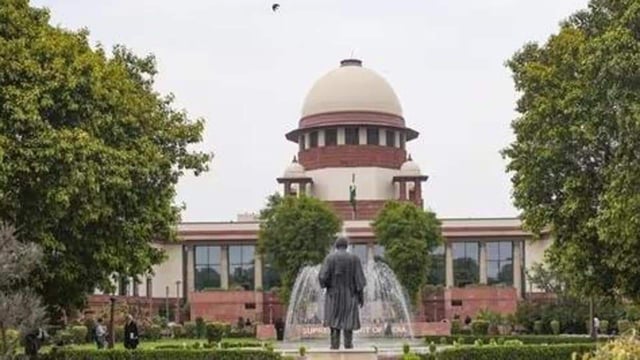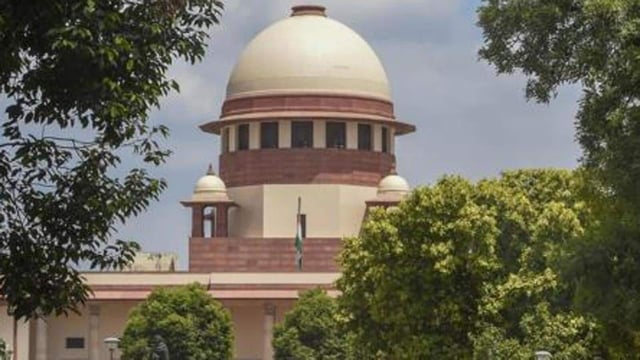Overview
- Justices B.V. Nagarathna and R. Mahadevan ruled that the NCPCR was a stranger to the litigation and could not challenge a Punjab and Haryana High Court order granting protection to a Muslim couple.
- The High Court had relied on Muslim personal law presuming puberty at 15 to hold the 16-year-old girl competent to marry and extended protection to the couple under Article 226.
- The bench emphasized that consensual adolescent relationships should not be treated like criminal sexual offences and warned against invoking POCSO mechanically in genuine ‘romantic’ cases.
- Several similar petitions, including by NCPCR and NCW, were dismissed, and the court remarked the commission should take up better causes.
- With the dismissal, an earlier 2023 direction that such High Court rulings not be treated as precedent effectively lapsed, even as the Union Government maintains opposition to lowering the statutory age of consent.



